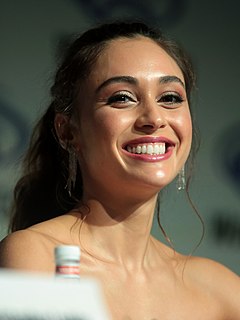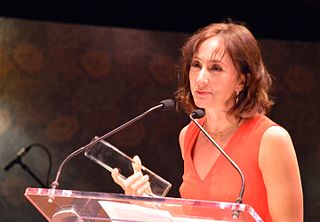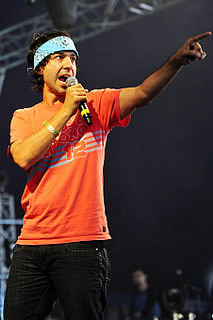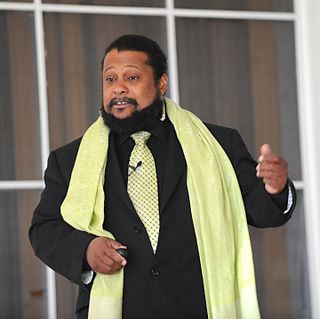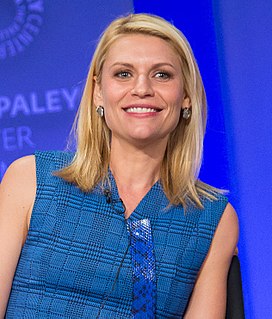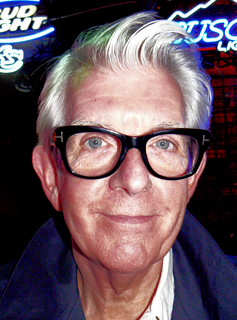A Quote by Marian Keyes
I knew it, I just knew it! The person who had the job of writing my life's dialogue used to work on a very low budget soap opera.
Related Quotes
I remember I had a low point when I was working on a soap opera, 'General Hospital,' five years ago. It was my first real job, and it was so overwhelming. You would work five days a week and have to learn sometimes up to 30 pages of new dialogue a night, then have one take to shoot it all, the next day.
All I knew about Ireland before I went there was what I learned from watching soap commercials all my life. I was totally misinformed. I thought it was an Irish tradition where you don't even take a shower with your soap - you take your soap for a walk, you compliment the soap for a little while and then, suddenly, you just start hacking it up with a hunting knife.
I know who you are in your heart,' Andres said. 'That's all that matters.' And that was it. That was the moment. Now I knew how I would feel if I ever lost him. That was how you knew love. My mother had told me that. All you had to do was imagine your life without the other person, and if the thought alone made you shiver, then you knew.

